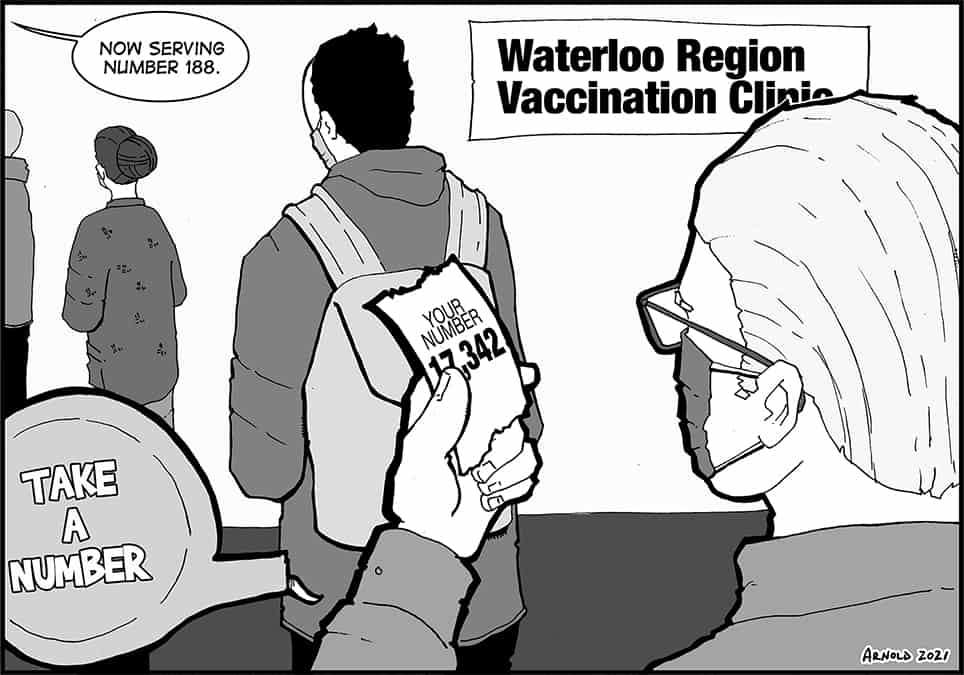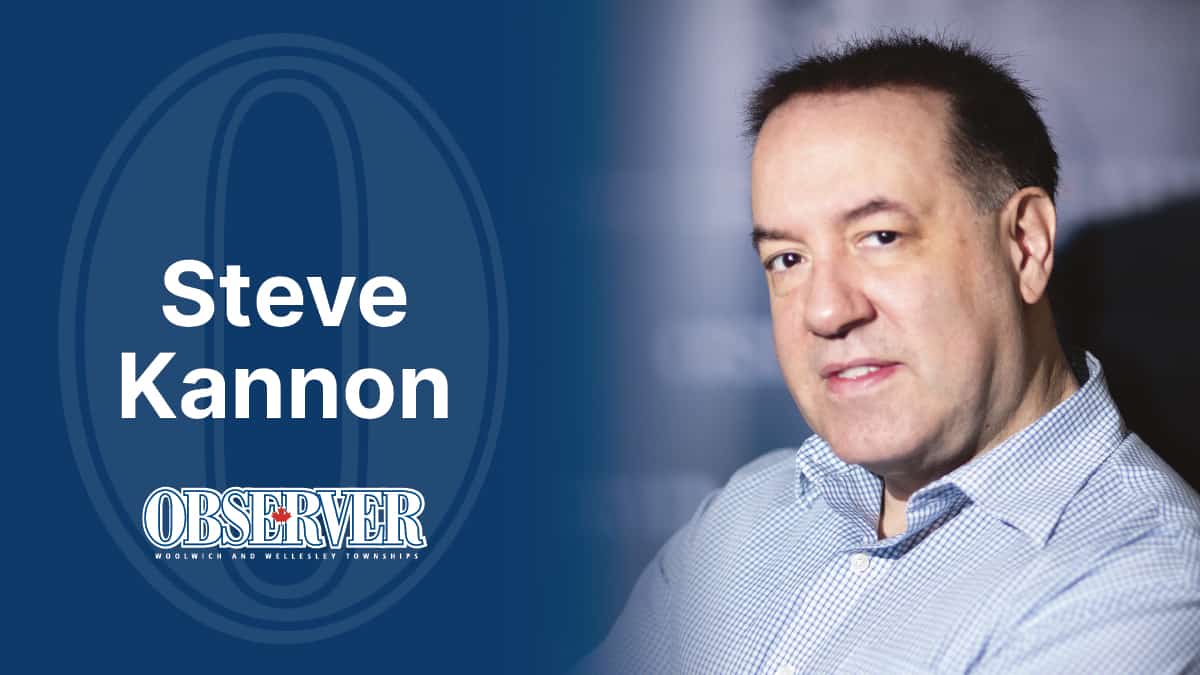;
;
;
Next Article
The View From Here: May 27, 2021

If an election were held today, it’s likely Doug Ford would be looking for a new job. With public expectations admittedly low, Doug Ford earned kudos for his actions early on in the pandemic. For the most part, he let the experts do the talking, acting in accordance with the scientific advice he was
Last updated on May 03, 23
Posted on May 27, 21
4 min read
